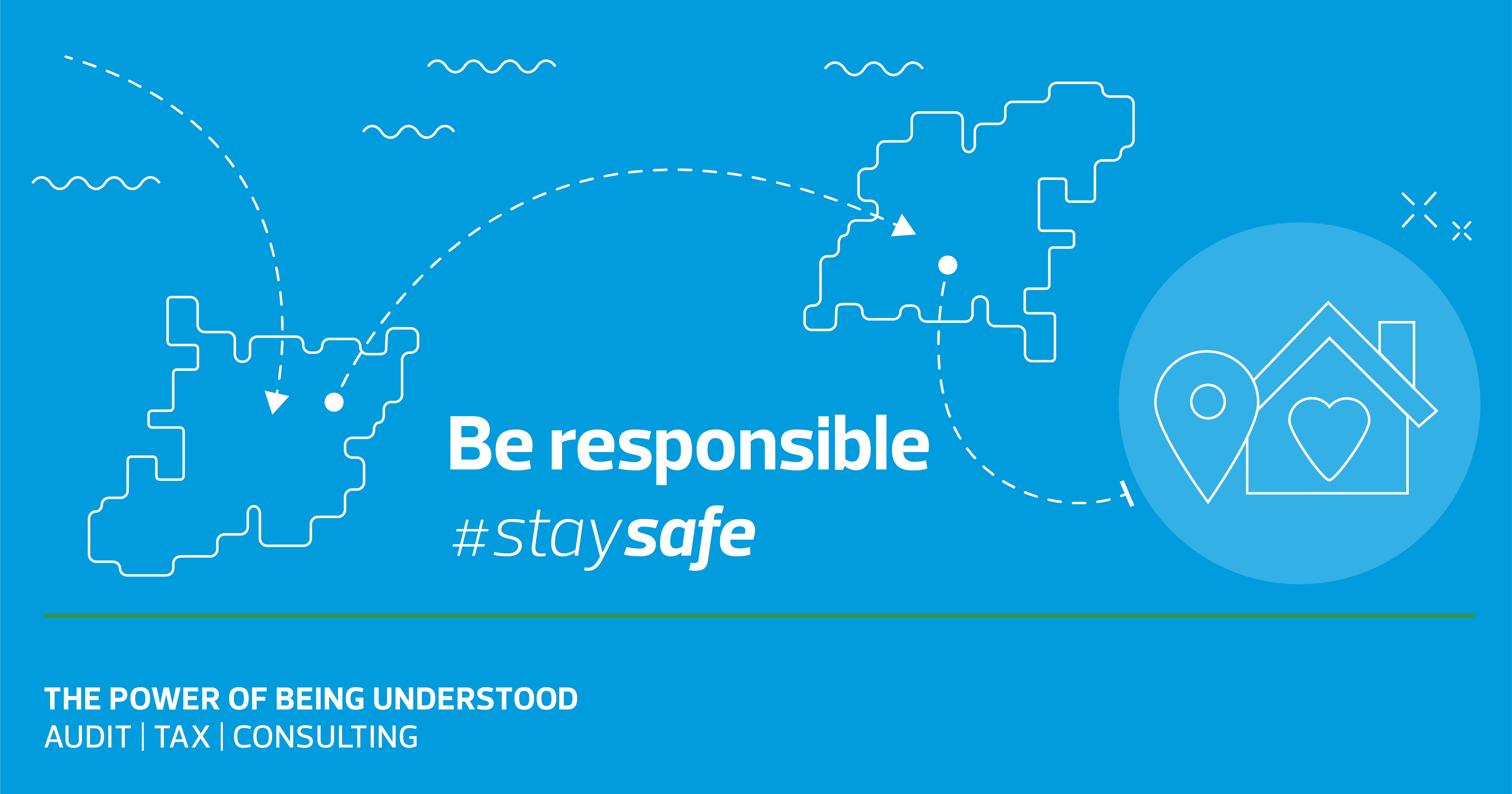
Future possible post – COVID19 improved economic times may result in significant job-market turbulence. Typically, when the economy picks up after a few down years, the employment floodgates open as new job opportunities emerge and workers flee their jobs for greener pastures.
A successful Thailand headhunter and company can’t survive without an effective retention program. Unplanned turnover is expensive and can cost up to four times the departing employee’s salary, plus lost productivity, quality, institutional knowledge and employee morale. Therefore, you need a plan that takes into account the vulnerability of key losses, reduces employee turnover, lowers expensive replacement costs and increases motivation to achieve company growth objectives and maximize profit potential.
An effective retention strategy should address four principal components:
- Hiring – Retention begins even before an employee starts working at your company. Identify why your company is attractive to potential employees and what impressions people have even if they’re not hired. The hiring process should define the vision, mission, culture and values of the organization. This serves as the foundation for recruiting employees who share and can work effectively with those values. The process should include well-defined position descriptions, behavior-based interview processes, competency and personality testing and comprehensive reference checking.
- Assessment – Assess the effectiveness of current programs, such as the exit interview process. Also, identify key people and evaluate management’s ability to create a positive work environment. A survey can provide a benchmark on what employees like about your organization and give management an opportunity to make changes. Also, find out why employees leave your organization, follow-up interviews tend to reveal the truth about reasons for leaving.
- Effective management – Management should create techniques to attract and retain key staff. An employee’s relationship with his or her immediate supervisor is the most critical factor affecting retention. Managers who are in touch with their employees will hold on to them. Managers need to ask: What keeps employees here? They should know what’s important to each worker and then manage the intangibles under their control, such as answering; What do people like about their jobs? Do they feel they can make a difference? Do they have the tools they need to do their jobs?
- Rewards – Develop a strategic compensation philosophy to determine if your organization’s current compensation levels are competitive with the market. Align compensation with results and consider long-term rewards, such as equity participation.
- Conclusion – Ultimately, retention is the result of strong employee-centered management practices of Thailand headhunter that permeate the organization. By developing a retention strategy around the right employees, you will effectively retain your human capital during any economic period. Implementing compensation and benefit programs that reward results will help keep your best employees and attract the right people to your company.
The RSM Recruitment Agency Thailand business is this year entering its fifteenth successful year in operation.
